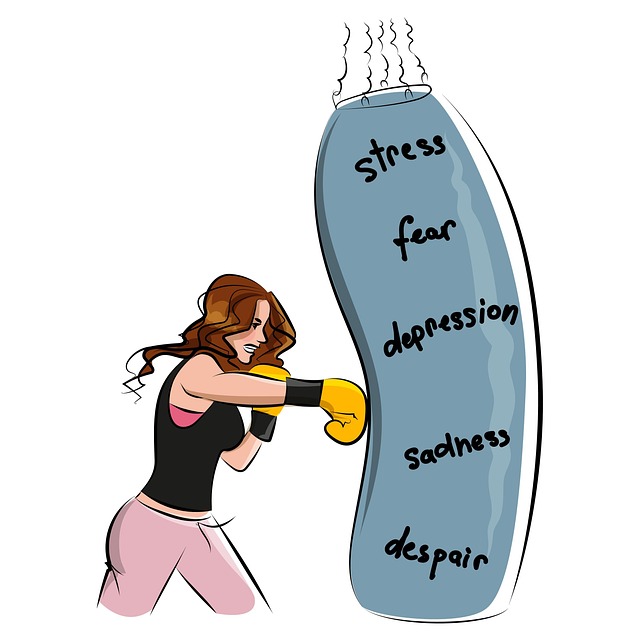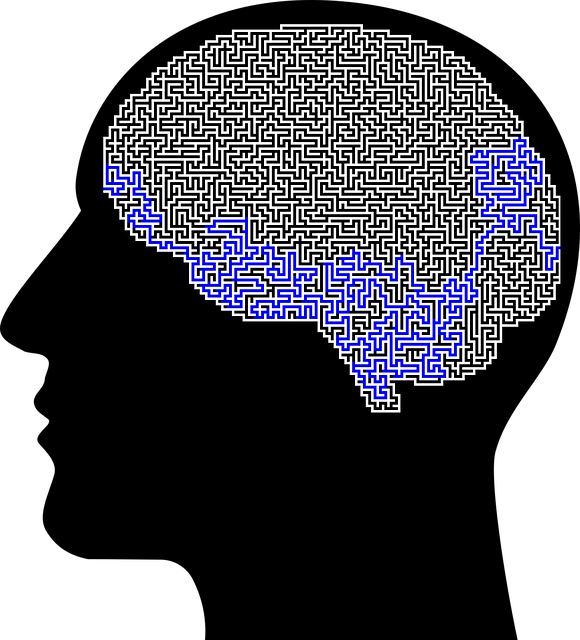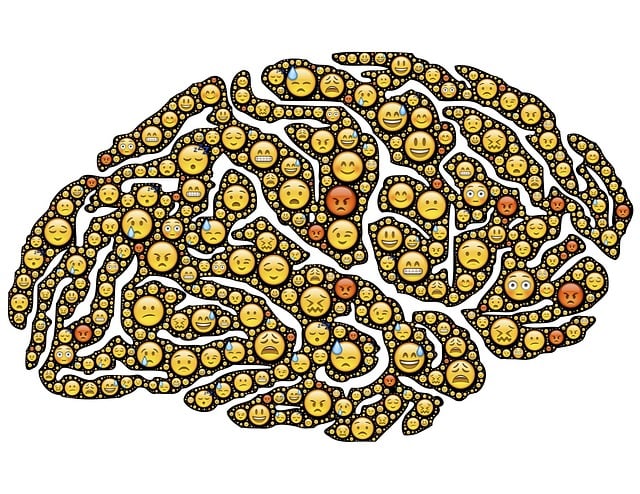Media portrayal of mental health, particularly eating disorders, significantly shapes societal views, either positively through awareness and destigmatization or negatively by reinforcing stereotypes. Accurate media representation, such as stories featuring real struggles and recovery paths, can encourage empathy and inspire help-seeking behaviors. Superior Eating Disorders Therapy, emphasizing holistic care and personalized treatment, should be prominently featured to challenge stereotypes and promote understanding. Realistic character development, diverse narratives, and incorporating educational elements like Mental Wellness Journaling Exercises can empower viewers to take proactive steps towards mental health and create a supportive environment for those with chronic conditions.
In today’s media landscape, the portrayal of mental illness can significantly impact public understanding and personal experiences. This article explores how media representation challenges perceptions and proposes solutions for positive change. We delve into the profound effects of media on mental health, particularly eating disorders, while highlighting effective strategies and the crucial role of Superior Eating Disorders Therapy in fostering more accurate, compassionate, and life-saving narratives.
- Understanding the Impact of Media Portrayal on Mental Health
- Exploring Effective Strategies for Positive Change
- The Role of Superior Eating Disorders Therapy in Media Representation
Understanding the Impact of Media Portrayal on Mental Health

The media plays a significant role in shaping societal perceptions and understanding of mental health. The way mental illnesses are represented in films, television shows, and other forms of media can either promote awareness and destigmatize these conditions or perpetuate harmful stereotypes. When portrayed accurately, media narratives have the potential to spark conversations, encourage empathy, and inspire individuals to seek help for their struggles. Conversely, inaccurate or insensitive representations can lead to further marginalization and hinder those affected from receiving adequate support. For instance, a well-crafted story about an individual’s journey with an eating disorder can highlight the importance of early intervention and the effectiveness of superior eating disorders therapy, thereby encouraging viewers to prioritize mental wellness.
By incorporating elements such as realistic character development, diverse narratives, and accurate information, media platforms can contribute to the development of Mental Wellness Coaching Programs and promote initiatives focused on Self-Care Routine Development for Better Mental Health. Encouraging Inner Strength Development through these representations is crucial, as it can empower viewers to take proactive steps towards their mental health and foster a more supportive environment for those living with chronic conditions.
Exploring Effective Strategies for Positive Change

In the quest for positive mental health representation, media plays a pivotal role in shaping public perception and understanding of various conditions, including eating disorders. One effective strategy to drive change is to promote accurate and empathetic storytelling that goes beyond stereotypical narratives. By featuring characters with genuine struggles and showcasing their paths to recovery, media can offer valuable insights into the complexities of mental illness. This approach not only fosters empathy but also encourages viewers to seek support or understand a friend or family member’s experience.
Superior eating disorders therapy should be at the forefront of these efforts, emphasizing holistic healing and personalized care. Incorporating real-life testimonials and success stories can inspire hope while shedding light on the effectiveness of evidence-based practices. Additionally, addressing burnout prevention and mood management techniques through media platforms can help individuals develop coping skills and resilience. Such initiatives contribute to a more nuanced understanding of mental health, reducing stigma and encouraging proactive measures like early intervention and sustained support.
The Role of Superior Eating Disorders Therapy in Media Representation

The media’s portrayal of mental illness has long been a subject of debate, with many calling for more accurate and nuanced representations. In this context, Superior Eating Disorders Therapy plays a pivotal role in challenging stereotypes and promoting positive change. By showcasing effective treatment approaches, such as intensive therapy programs, media can help reduce the stigma surrounding eating disorders and other mental health conditions. This shift in representation is crucial, especially when encouraging individuals to seek help without fear of judgment.
Incorporating Mental Wellness Journaling Exercise Guidance and Crisis Intervention Guidance into these narratives allows for a more empathetic understanding of affected individuals’ journeys. Furthermore, portraying characters benefiting from Social Skills Training can dispel myths about the effectiveness of support groups and individual therapy. Such representations have the potential to inspire hope and educate audiences on the diverse paths to recovery.
Media representation plays a pivotal role in shaping public perception of mental health. By adopting effective strategies and prioritizing accurate, compassionate portrayals, we can foster understanding and reduce stigma. Superior Eating Disorders Therapy serves as a powerful tool, demonstrating the importance of specialized treatment and its positive impact on recovery narratives. Through collaborative efforts, media can become an ally in promoting mental wellness, ensuring representations that are not only entertaining but also informative and healing.













